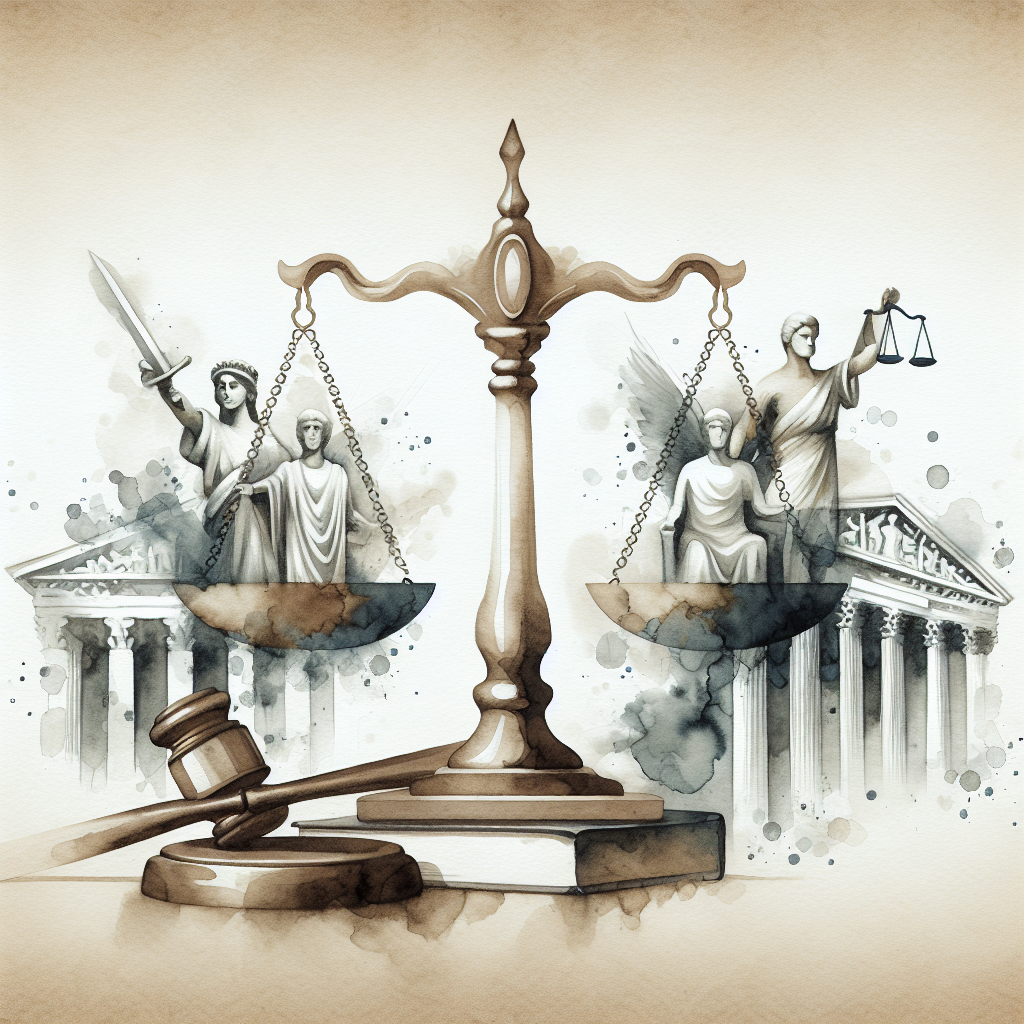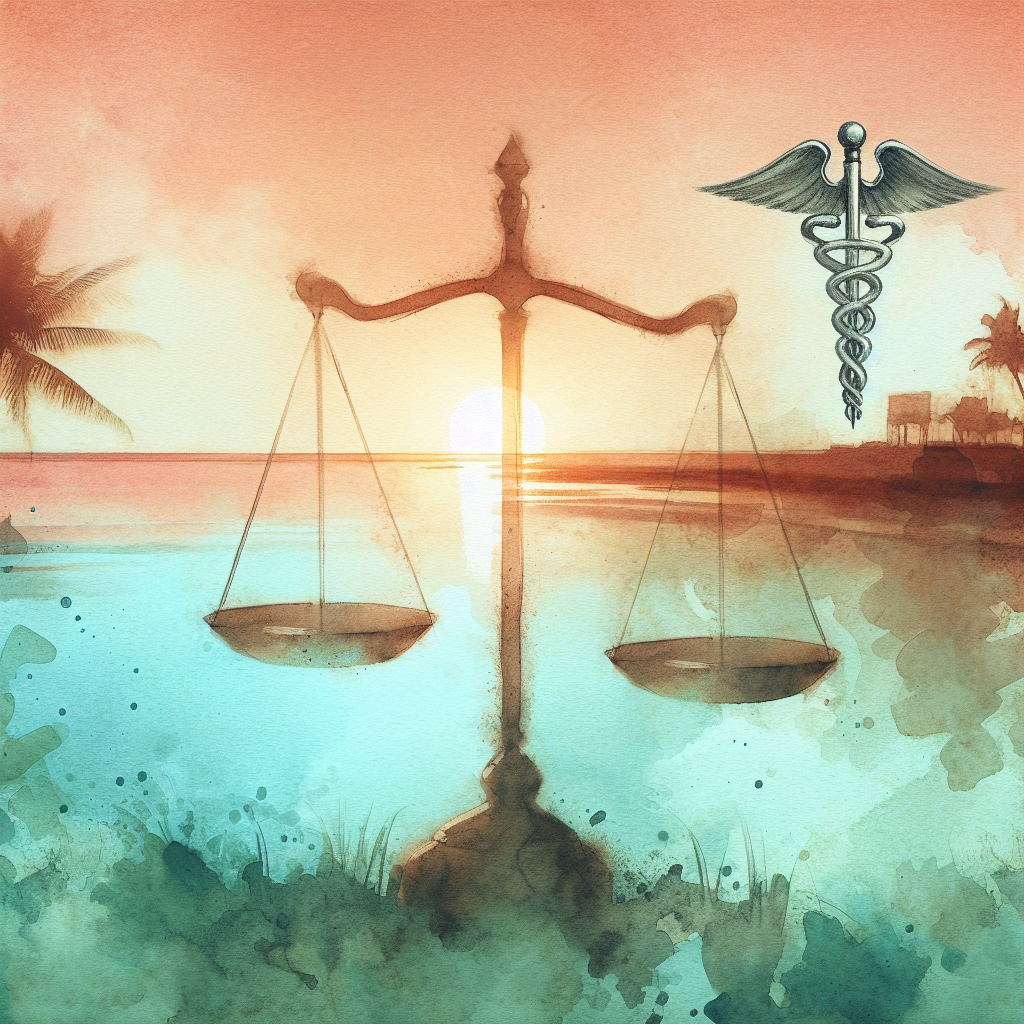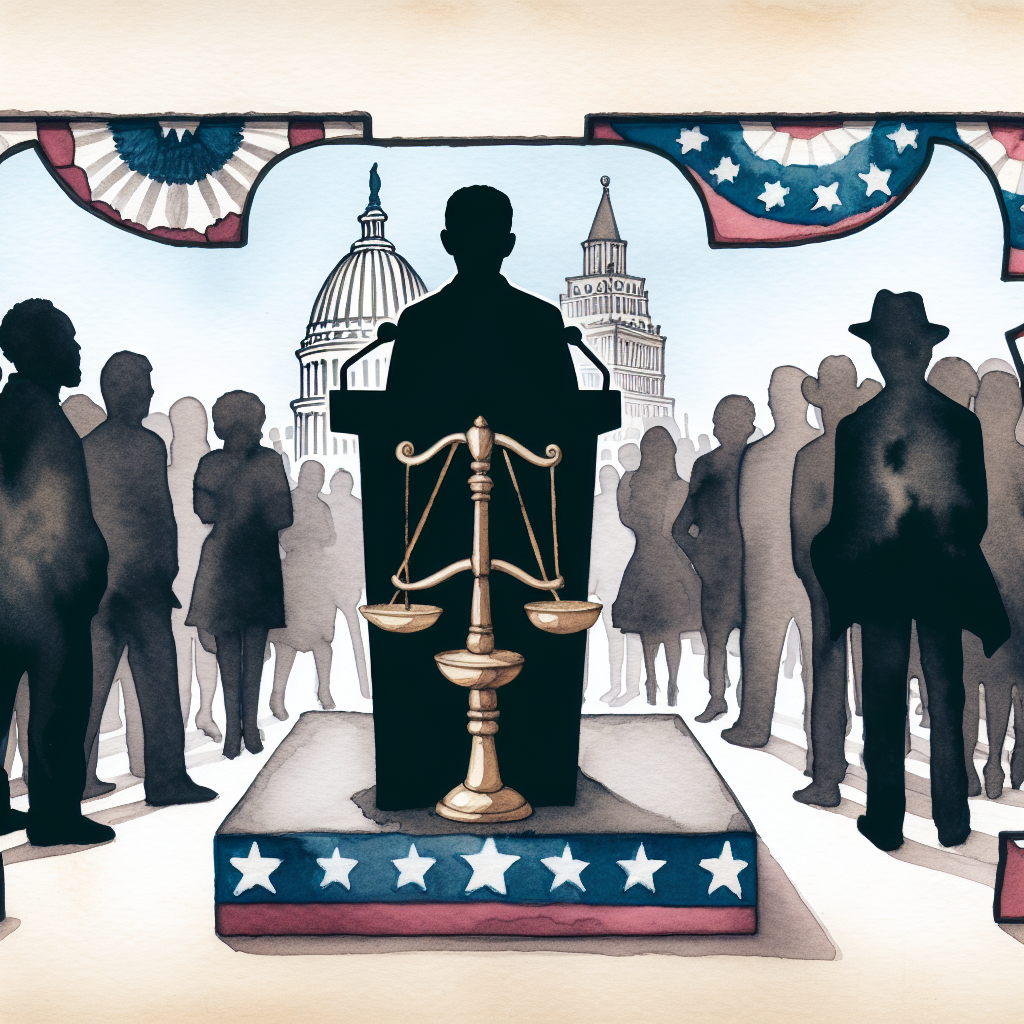- The Supreme Court is reviewing the scope of presidential immunity in a case involving former President Donald Trump, examining whether certain actions taken during his presidency are exempt from legal prosecution.
- The justices are deliberating on the possibility of remanding the case for further analysis, a decision that could postpone any prospective trial until after the upcoming election. This comes in light of a lower court's determination that Trump is eligible for prosecution.
- The legal discussion is aimed at differentiating between actions taken in an official capacity, which may receive immunity, and personal conduct. This distinction is critical for understanding the extent to which former presidents are subject to legal accountability after their term ends.
The Supreme Court's Deliberation on Presidential Immunity and Trump's Case
The Supreme Court is currently considering a case that has significant implications for the scope of presidential immunity, with a focus on actions taken by former President Donald Trump related to the 2020 election results. The core issue is whether a president's actions while in office are protected from prosecution after their term ends. This case presents an opportunity to examine the limits of presidential powers and their alignment with the principles of American democracy.
Debate on the Scope of Presidential Immunity
The debate centers around the degree of immunity a president holds for acts conducted in the capacity of their official duties. Trump's legal defense argues for broad immunity that covers all actions taken during the presidency, a stance that, if accepted by the Supreme Court, could restrict the ability to prosecute former presidents. The justices appear to be approaching the issue with caution, indicating a possibility of remanding the case for further review rather than a direct dismissal. Such a decision could postpone any potential trial, contributing to a period of uncertainty.
Justices' Perspectives
Discussions among the justices have revealed varying viewpoints. Justice Samuel Alito expressed concerns about the precedent that prosecuting former presidents might set, while Justice Brett Kavanaugh highlighted questions regarding the independent counsel system's effects on the post-presidency period. Justice Amy Coney Barrett sought to differentiate between actions related to official duties and personal activities, with specific reference to allegations involving Rudy Giuliani as private actions.
The Department of Justice, through lawyer Michael Dreeben, presented the argument that prosecuting a former president for actions outside their official capacity is possible, indicating a legal framework that allows for certain behaviors to be scrutinized and potentially prosecuted.
Broader Legal Challenges for Trump
This case emerges amidst other legal challenges facing Trump, including charges in New York that are not directly connected to this Supreme Court case. A federal appeals court previously ruled against the notion of absolute immunity for Trump, marking a transition from protections afforded to a sitting president to those of a private citizen.
Trump faces allegations of attempting to overturn the 2020 presidential election results, to which he has pleaded not guilty, maintaining that the election was unfairly conducted. This situation raises critical questions about presidential authority, the accountability of individuals in high office, and the safeguards for democratic integrity.
Implications of the Supreme Court's Decision
The Supreme Court's decision in this matter is poised to influence not only the specific case of Donald Trump but also the broader understanding of presidential immunity. It tasks the justices with clarifying the limits of such immunity in a way that honors the legal and democratic foundations of the nation. As the case progresses, it represents a pivotal moment in examining the balance between the rule of law and the realities of political power, with potential effects on the political and legal landscape ahead of the next election.








